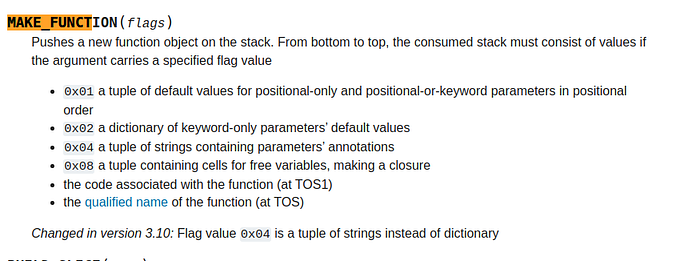Writing an interpreter (virtual machine) for a simple byte-code + JIT compilation
There are two articles on Russian, the author of which writes a virtual machine (interpreter) for executing a simple bytecode and then applies different optimizations to make this virtual machine faster. Besides that, there is a compiler of a simple C-like language into this bytecode. After reading this article and getting familiar with the compiler, I thought that it would be interesting to try writing a virtual machine for this language that would be able to apply JIT-compilation to this bytecode with the libjit library. This article describes the experience of doing that.
I found several articles online that describe the usage of this library, but those that I saw, describe the compilation of concrete programs with libjit, while I was interested in compiling arbitrary bytecode. For people interested in further reading, there is an official titorial, a series of articles and a series of comparisons (in Russian).
The implementation was done in C++ because we aren`t playing games here. All my code is in my repository. The "main" branch has just the interpreter of the PigletVM bytecode; "labels-with-fallbacks" has a partial JIT compilation implementation (that doesn`t support JUMP instructions), "full-jit" has fully working JIT-compilationl; "making-jit-code-faster" makes code generated by JIT work faster and "universal-base-vm*" branches merge the interpreter and JIT-compilation implementations, by implementing a base generalised executor, which can be used for different implementations of PigletVM (both the interpreter and libjit compilation)





